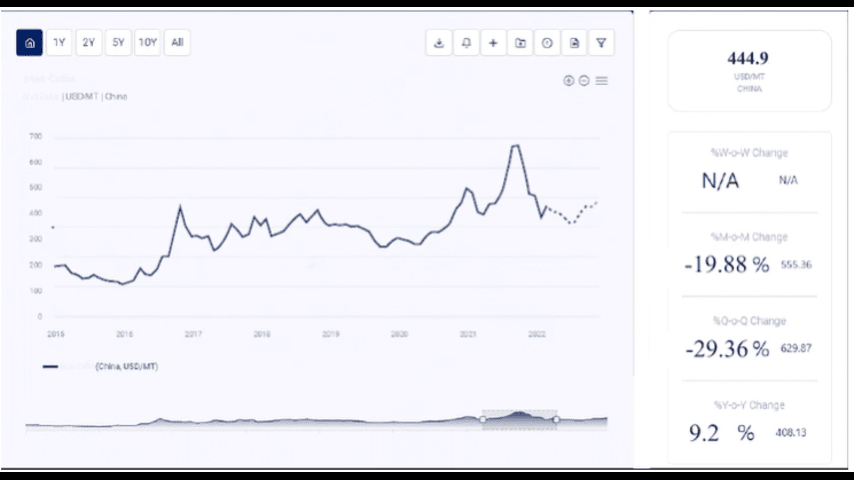Tally vs. QuickBooks: Exploring Their Strengths and Weaknesses
Introduction
When it comes to accounting software, Tally vs. QuickBooks is a debate that many businesses face. Both platforms offer powerful tools for financial management, but they serve different needs. Understanding the strengths and weaknesses of each can help you choose the best solution for your business.
Overview of Tally and QuickBooks
Before diving into the differences, it’s important to know what each software offers:
- Tally is a popular accounting software widely used in India. It is known for its simple interface and robust accounting features.
- QuickBooks is an accounting software favored globally, known for its user-friendly design and cloud-based solutions, ideal for small to medium-sized businesses.
Strengths of Tally
1. Comprehensive Accounting Features
Tally is known for its deep accounting capabilities. It covers everything from general accounting to advanced inventory management. This makes it a preferred choice for businesses in sectors like manufacturing and retail.
2. GST Compliance in India
For businesses in India, Tally is a top choice due to its GST-compliant features. The software helps in generating GST invoices, filing returns, and managing taxes, making it an essential tool for Indian businesses.
3. Customization and Scalability
Tally offers high levels of customization to fit the specific needs of various industries. It can scale with a business’s growth, handling complex accounting functions as your company expands.
4. Offline Functionality
Tally works offline, making it suitable for businesses with limited internet connectivity. This offline functionality is beneficial in regions where stable internet access may be a concern.
Strengths of QuickBooks
1. Cloud-Based Accessibility
One of the main advantages of QuickBooks is that it is cloud-based. This means you can access your accounting data anytime, anywhere. The cloud functionality also enables automatic backups, ensuring your data is secure.
2. Ease of Use
QuickBooks is known for its user-friendly interface. Even business owners with limited accounting knowledge can easily navigate through the software. This makes it a great choice for small businesses and freelancers.
3. Integration with Third-Party Apps
QuickBooks integrates seamlessly with a wide variety of third-party applications, including payroll software, e-commerce platforms, and CRMs. This level of integration enhances functionality and saves time.
4. Comprehensive Reporting Tools
QuickBooks offers advanced reporting features, making it easy for business owners to generate financial reports. These insights help businesses make informed decisions and manage cash flow effectively.
Weaknesses of Tally
1. Steep Learning Curve
Tally’s extensive features come with a learning curve. Beginners or those new to accounting software may find it overwhelming to use, especially without formal training.
2. Limited Cloud Integration
While Tally offers a cloud version, its cloud capabilities are not as advanced as QuickBooks. The software is traditionally offline-focused, which might be a drawback for businesses seeking seamless cloud integration.
3. Limited Global Reach
Tally is designed primarily for the Indian market, and its global functionalities are limited. Businesses operating outside India may find it challenging to use Tally for international transactions or multi-currency accounting.
Weaknesses of QuickBooks
1. Higher Cost for Advanced Features
While QuickBooks offers affordable entry-level plans, its more advanced features come at a higher cost. Small businesses may need to pay extra for features like advanced reporting and payroll management.
2. Limited Customization
Compared to Tally, QuickBooks offers fewer customization options. While it is suitable for most small and medium-sized businesses, larger enterprises with complex accounting needs may find QuickBooks less flexible.
3. Customer Support Issues
QuickBooks users often report mixed experiences with customer support. Some users have noted long wait times for assistance, which can be frustrating for businesses needing quick resolutions.
Which One is Right for You?
1. Tally for Indian Businesses
If you are an Indian business, Tally is an excellent choice, especially if you deal with GST compliance and require deep accounting functionality. It is ideal for large and growing businesses that need a robust, offline solution.
2. QuickBooks for Small to Medium Businesses
QuickBooks is perfect for small to medium-sized businesses looking for an easy-to-use, cloud-based accounting solution. Its integration with third-party apps and ease of use makes it a great fit for businesses that want flexibility and remote accessibility.
Conclusion
In the debate of Tally vs. QuickBooks, both software solutions offer unique strengths and weaknesses. Tally excels in advanced accounting features and offline functionality, particularly for Indian businesses. On the other hand, QuickBooks shines with its user-friendly interface, cloud capabilities, and integrations, making it a strong contender for small and medium-sized businesses globally.
Ultimately, the right choice depends on your business needs. Consider factors like business size, location, required features, and budget before making your decision.














